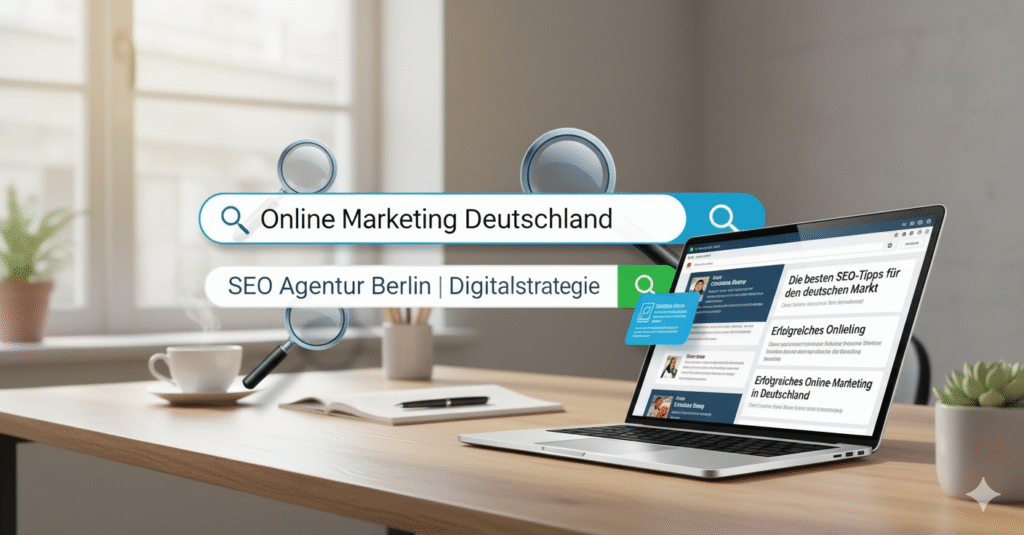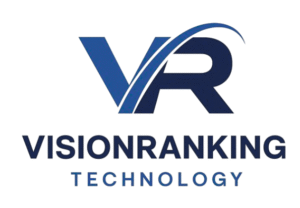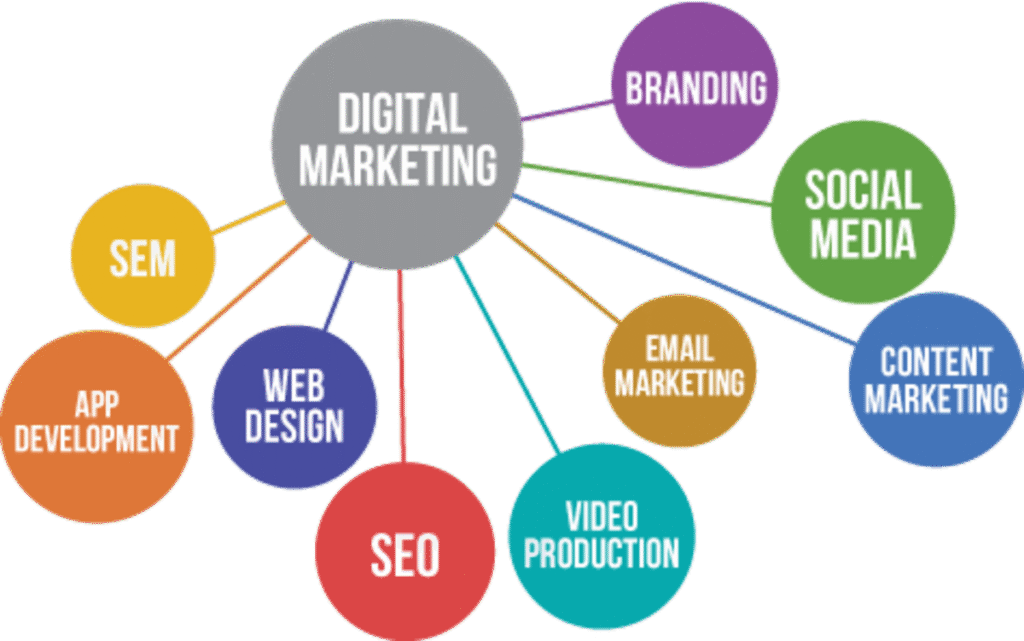
In today’s digital-first marketplace, international search engine optimization (SEO) has become a necessity rather than an option. For companies expanding into Europe, Germany represents one of the most powerful online markets, with millions of users relying on Google.de and other local platforms to find services, products, and information. However, succeeding in this space requires more than simply translating English keywords into German.
Businesses must understand the linguistic, cultural, and technical nuances of German SEO to connect with their target audience. In this blog, we’ll explore how businesses can optimize for German-language keywords effectively in 2025, and how Vision Ranking can support your journey toward stronger search visibility in Germany.
Why Focus on German SEO?
Germany has one of the largest economies in Europe, with a population that is highly active online. Over 90% of internet users in Germany prefer searching in German, even when they understand English. This means if your website isn’t optimized for German-language keywords, you’re potentially missing out on millions of customers.
Furthermore, German search queries tend to be more specific and longer because of the language’s structure. For example, while in English a searcher may type “SEO company Germany”, a German user may search for “SEO Agentur in Deutschland” or “beste SEO Dienstleistungen Deutschland”. Recognizing these nuances helps businesses align with actual user intent.
Step 1: Conduct In-Depth German Keyword Research
Keyword research forms the foundation of any SEO campaign. For German-language SEO, it’s essential to use tools like Google Keyword Planner, Ahrefs, or SEMrush with German settings enabled.
Key considerations include:
- Local Search Intent: A user searching for “Marketingagentur Berlin” is looking for a local agency, whereas “beste SEO Strategien Deutschland” shows interest in learning.
- Compound Keywords: German words are often combined into longer terms (e.g., Datenschutzgrundverordnung for GDPR). These compound words can provide valuable keyword opportunities.
- Synonyms & Dialects: Germans may use different terms for the same product or service, depending on the region. For example, Brötchen in northern Germany vs. Semmel in southern Germany, both meaning bread roll.
Step 2: Optimize On-Page SEO for German Audiences
Once keywords are identified, businesses need to adapt their on-page content accordingly.
- Page Titles & Meta Descriptions: Ensure they are written naturally in German, avoiding literal translations. Instead of “Best SEO Services Germany,” use “Beste SEO Dienstleistungen in Deutschland.”
- Header Tags: Use H1, H2, and H3 headings in German to structure content clearly for both search engines and users.
- Content Localization: Write blog posts, product descriptions, and landing pages specifically for German readers. Including references to local cities or cultural nuances can make content more relatable.
- URL Structure: Keep URLs short and keyword-rich in German. Example: https://visionranking.com/seo-company-in-germany/seo-dienstleistungen
Step 3: Technical SEO Considerations
Technical optimization is equally important for German SEO:
- Hreflang Tags: Implement hreflang tags to indicate that your website has German-language versions. This prevents duplicate content issues and directs German users to the right version.
- Website Speed: German users expect fast-loading websites. Hosting your website on European servers can improve site performance.
- Mobile Optimization: A majority of German users browse on mobile devices. Google’s mobile-first indexing means responsive design is a must.
Step 4: Build German Backlinks
Backlink building is crucial for SEO success. For German markets:
- Partner with German directories and local business websites.
- Contribute guest blogs to German-language industry platforms.
- Engage in PR campaigns that earn coverage from German news outlets.
The key is local relevance. A backlink from a German-based website carries more authority for ranking on Google.de than a backlink from an English site.
Step 5: Leverage German Content Marketing
Content marketing builds trust and authority. Businesses should create valuable, engaging, and culturally adapted German-language content such as:
- Blogs and how-to guides in German.
- Case studies showcasing success stories in Germany.
- Video content with German subtitles or narration.
Consistency and cultural alignment are essential. A literal translation will not resonate as well as content written specifically for German readers.
How Vision Ranking Helps Businesses Optimize for German Keywords

At Vision Ranking, we specialize in international and multilingual SEO strategies, with a strong focus on the German market. Our team ensures that your brand is visible, competitive, and trusted by German-speaking audiences.
Our services include:
- German keyword research and competitor analysis.
- Localization of website content and metadata.
- Technical SEO adjustments (including hreflang implementation).
- German backlink-building strategies.
- Ongoing monitoring and SEO reporting for the German market.
By partnering with Vision Ranking, your business gains not just translation but true localization and optimization, tailored for long-term success.
FAQs on German Keyword Optimization
Q1: Can I just translate my English keywords into German?
Not exactly. Literal translations often miss cultural context, intent, and local search behavior. Keyword research specifically for German users is essential.
Q2: What are some tools for German keyword research?
Popular tools include Google Keyword Planner, SEMrush, Ahrefs, and Sistrix, which is widely used in Germany.
Q3: Do I need a .de domain to rank in Germany?
While a .de domain can build trust with local users, it’s not mandatory. With the right technical SEO, content, and backlinks, .com or other TLDs can also rank well.
Q4: How long does it take to see results with German SEO?
Like any SEO campaign, results may take 3–6 months depending on competition, keyword difficulty, and consistency of optimization efforts.
Q5: Why should I choose Vision Ranking for German SEO?
Vision Ranking combines keyword expertise, technical SEO, and localized content strategies, ensuring your business stands out in the German digital market.
Final Thoughts
Optimizing for German-language keywords is more than just translation—it’s about understanding cultural intent, linguistic patterns, and user expectations. With a dedicated strategy, businesses can unlock incredible opportunities in one of Europe’s strongest economies.
At Vision Ranking, we help you achieve visibility, traffic, and conversions in Germany through tailored SEO campaigns. Visit us at Vision Ranking SEO Company to start optimizing your digital presence today.

